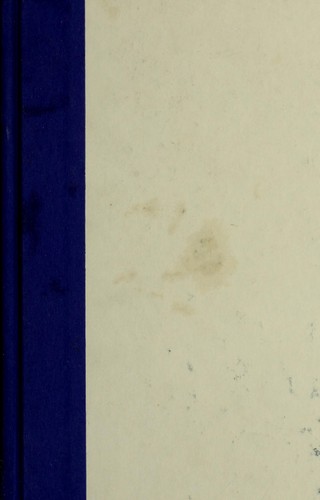Matthew Royal reviewed End the Fed by Ron Paul
Review of 'End the Fed' on 'Goodreads'
3 stars
Ron Paul's assertions that the Federal Reserve and fractional reserve banking are immoral are unsubstantiated by this book. His missed a powerful opportunity to link his thesis that central banking necessarily leads to state control of capital to the exploitation of labor through devaluing their wages. He could really gain traction with unions with that message! Decent book, but a lot of noise around main messages.
Also, his overuse of the phrase "moral hazard" was fuzzy and distracting. Wikipedia says "In economic theory, a moral hazard is a situation where a party will have a tendency to take risks because the costs that could result will not be felt by the party taking the risk." Yet Paul used it to mean 1) believing the government will protect you from your own mistakes, 2) systemic injustice oppressing a class of people, 3) not interpreting government actions in the light of the …
Ron Paul's assertions that the Federal Reserve and fractional reserve banking are immoral are unsubstantiated by this book. His missed a powerful opportunity to link his thesis that central banking necessarily leads to state control of capital to the exploitation of labor through devaluing their wages. He could really gain traction with unions with that message! Decent book, but a lot of noise around main messages.
Also, his overuse of the phrase "moral hazard" was fuzzy and distracting. Wikipedia says "In economic theory, a moral hazard is a situation where a party will have a tendency to take risks because the costs that could result will not be felt by the party taking the risk." Yet Paul used it to mean 1) believing the government will protect you from your own mistakes, 2) systemic injustice oppressing a class of people, 3) not interpreting government actions in the light of the Constitution, 4) people who don't behave according to a moral code.

